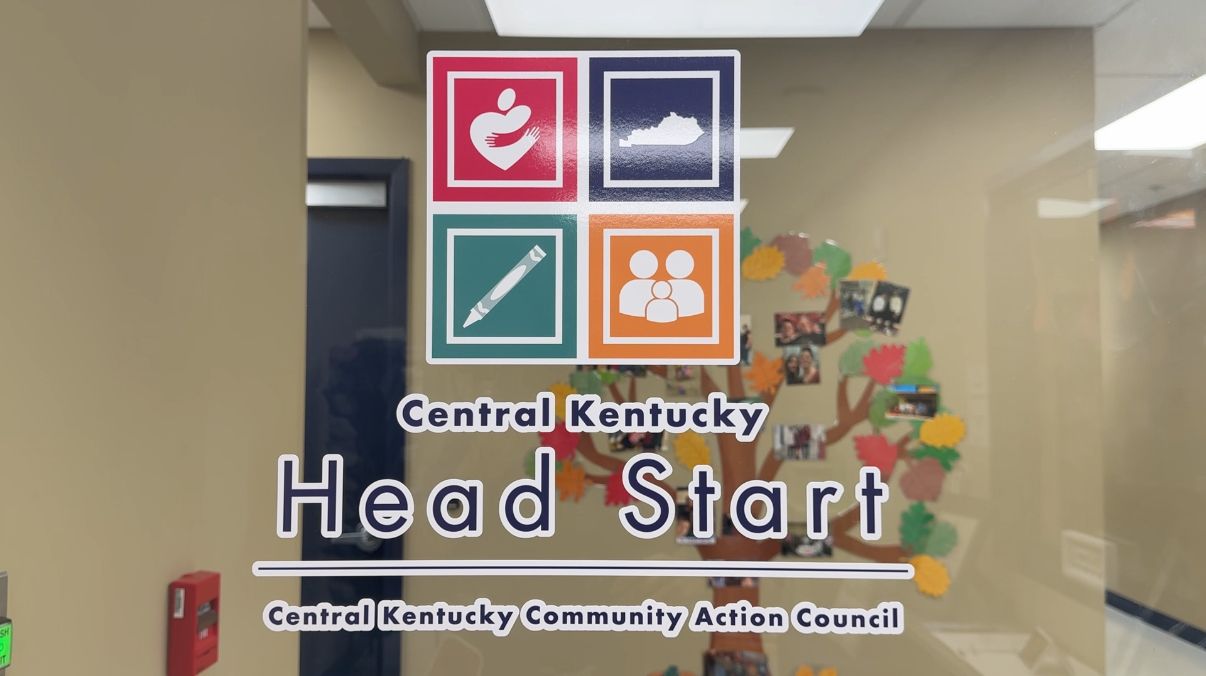
Central Kentucky Head Start Faces Imminent Shutdown Due to Federal Government Impasse
Elizabethtown, KY — For over 400 families across six counties in Central Kentucky, Central Kentucky Head Start has been a vital resource, providing essential early childhood education, nutrition, and health services to low-income households. However, with the ongoing federal government shutdown, uncertainty looms over the program’s future, threatening its operations as soon as November 1.
Central Kentucky Head Start is one of four similar programs in the state that may be forced to cease operations if the gridlock continues. Bryan Conover, the executive director of the Central Kentucky Community Action Council, which oversees nine Head Start centers, highlighted the urgency of the situation. “Our funding year ends on October 31 due to the federal shutdown,” he stated. “The government is not processing any grant applications or releasing essential funds by our November 1 date.” The program is reliant on a crucial million grant that funds staff salaries, provides nutritious meals for children, and offers vital support services for families grappling with various hardships.
Nationally, Head Start is a federally funded initiative aimed at providing free early childhood education and a suite of support services designed to help children from economically disadvantaged backgrounds. This includes not only educational opportunities but also critical health and nutrition services, which can significantly enhance the developmental outcomes for children who participate.
In Central Kentucky, the shutdown’s impact is magnified by the region’s classification as a “child care desert,” where quality child care options are scant. “If we are unable to maintain operations, families will be forced to confront extremely difficult choices,” Conover explained, emphasizing the precarious situation facing many households that rely on these services.
The Head Start program is particularly important as it also serves children with developmental delays, mental health challenges, and families experiencing homelessness or in foster care. With impending cuts, the implications could be dire for these vulnerable populations, impacting their access to early childhood education and essential services.
As the clock ticks down to the potential shutdown, Conover maintains a hopeful outlook, urging families and staff to remain resilient. “Kentuckians are feeling the pain, and that will persist if this situation continues,” he remarked. “My message is to stay hopeful. We’re doing our utmost to secure the resources needed to keep our doors open.”
Efforts are underway among the other three Head Start programs in Kentucky to collaboratively strategize their next steps in the face of this imminent crisis. As families and educators await clarity on the situation, the future of Central Kentucky Head Start remains uncertain, raising questions about long-term repercussions for child development and community health in the region.

